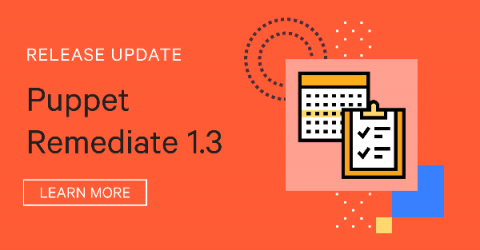How one bank modernized their infrastructure and optimized costs
Back in 2005, the Royal Bank of Scotland (RBS) Group was running about 600 Unix servers and they had a bunch of manual processes that slowed down their software delivery cycles and could cause huge delays. As David Sandilands, an infrastructure engineer at RBS, put it in a webinar he did with us, their releases weren’t quick enough.










